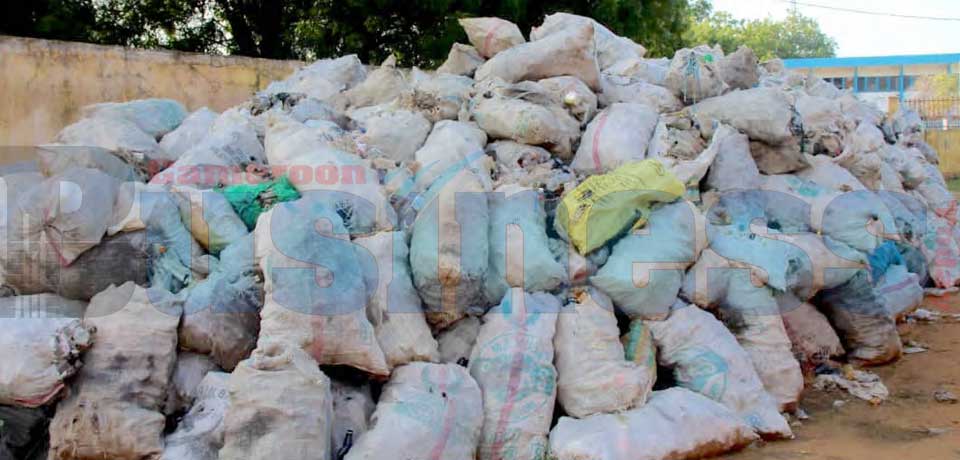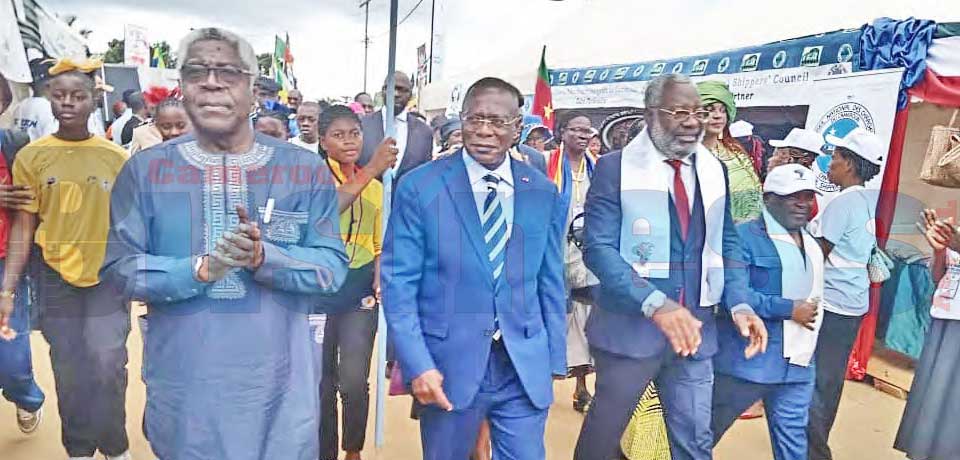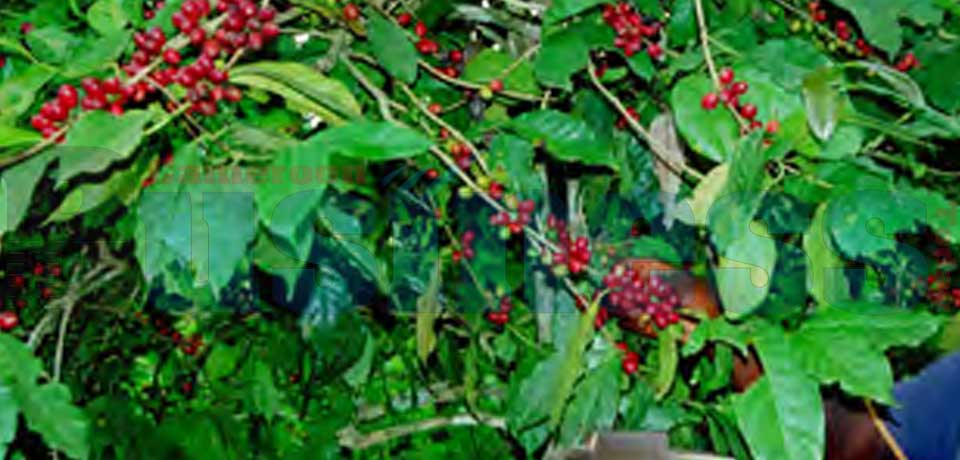Local communities adjacent to forest zones are reaping from the fallouts of the exploitation of the natural resource thanks to reforms put in place by the government.
The Cameroon Forestry Law of 1994 gives rural communities access rights to forest resources in or around their villages. On the basis of a management agreement signed with the State, which includes a simple management plan (SMP), villagers can manage and exploit, in a participatory manner, their forest resources to enhance livelihood development and reduce poverty. The auto-centric development dynamism impulse by the government on the local forest exploitation communities is visible in the various localities. Cameroon’s legal framework has organised the forestry sector into three categories with the aim of decentralising forestry resources management. Communal forest and community forest are the two categories that directly concerns local communities for their development and welfare. According to a study by the Netherlands Development Organisation (SNV) on the “Local and Decentralised Forestry Management in Cameroon; Case of Kongo Community Forest in the East Region, the village
and its inhabitants generated a revenue of 87,000 USD (roughly FCFA 43.5 million) for the exploitation of 1,096 cubic metres of sawn wood within five years. The report indicates that 27 per cent of the money was spent on community development initiatives and 73 per cent went to community members in the form of wages. This example is just one of its case in the country as far forest resources are concerned. In some cases, social amenities such classrooms, potable water as well as maintenance of roads
by timer companies. With little capacities to exploit the community and communal forests, the local management committees most often give out the forest to timber companies while they contend themselves with non-timber products for livelihood. The government has of recent, been making efforts to ensure that the local communities engage in the processing (value addition) of timber and non-timber products. In an interview granted Cameroon Business Today last year, the ex-minister of Forestry and
Wildlife stated that as part of government policy, a strategy was formulated to process timber and non-timber resources locally. The forestry policy seeks, amongst others, to promote and diversify the use of locally processed products, in a bid to enhance factory efficiency and boost the development of finished and semi-finished ...

















Commentaires